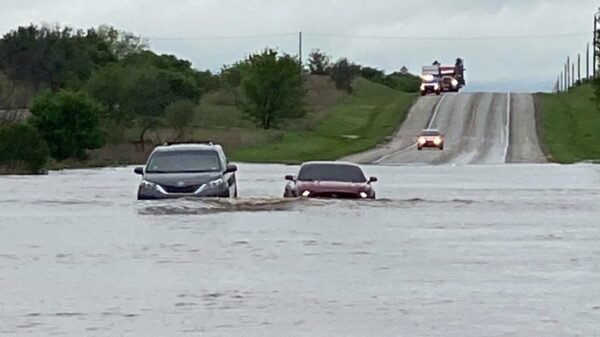Introduction
Insurance is an essential part of our lives, providing us with peace of mind and financial security. Whether it’s protecting our homes, vehicles, health, or even our lives, insurance plays a crucial role in safeguarding our financial future. As the world evolves, so do the trends in the insurance industry. In this blog post, we will explore some of the latest trends in insurance and how they can help you protect your financial well-being.
1. Digital Transformation
The digital revolution has transformed various industries, and insurance is no exception. With the advent of advanced technology, insurance companies are embracing digital transformation to enhance their services. From online policy purchases and claim submissions to chatbots for customer support, insurers are leveraging technology to provide a seamless and convenient experience for their customers. This digitalization not only improves efficiency but also allows for personalized policies and faster claims processing.
2. Usage-Based Insurance
Traditionally, insurance premiums were based on general assumptions about risk. However, with the rise of telematics and IoT (Internet of Things) devices, insurers can now offer usage-based insurance. This innovative approach takes into account individual behavior and usage patterns to determine premiums. For example, auto insurance premiums can be based on actual driving habits, encouraging safer driving and potentially reducing costs for responsible drivers.
3. Cybersecurity Insurance
In today’s digital age, cybersecurity threats are a growing concern for individuals and businesses alike. To address this risk, cybersecurity insurance has emerged as a specialized form of coverage. This type of insurance helps protect against financial losses resulting from cyberattacks, data breaches, and other cyber threats. As the frequency and severity of cyber incidents increase, having cybersecurity insurance is becoming essential for individuals and businesses to mitigate potential financial losses.
4. Parametric Insurance
Parametric insurance is a type of coverage that pays out a predetermined amount based on specific triggers, such as natural disasters or adverse weather conditions. Unlike traditional insurance, which requires complex claims processes and assessments, parametric insurance offers a simplified and faster claims settlement. This type of insurance is particularly useful for industries heavily impacted by weather-related events, such as agriculture or tourism.
5. Personalized Policies
Insurance companies are now leveraging data analytics and artificial intelligence to offer personalized policies tailored to individual needs. By analyzing vast amounts of data, insurers can better understand their customers’ risks and preferences, allowing them to create customized coverage options. This trend enables individuals to have insurance plans that align with their specific requirements, ensuring they are adequately protected without paying for unnecessary coverage.
6. Sustainable and Ethical Insurance
As society becomes more conscious of environmental and social issues, there is a growing demand for sustainable and ethical practices across all industries, including insurance. Many insurance companies are now offering products that promote sustainability, such as green home insurance or electric vehicle insurance. Additionally, ethical insurance practices involve transparent policies, fair treatment of customers, and responsible investments. Choosing an insurer that aligns with your values can not only protect your financial future but also contribute to a more sustainable and equitable world.
Conclusion
Insurance is constantly evolving to meet the changing needs and demands of individuals and businesses. The latest trends in insurance reflect the advancements in technology, individualization of policies, and a focus on sustainability and cybersecurity. By staying informed about these trends, you can make more informed decisions when it comes to protecting your financial future. Remember, insurance is not just a financial safety net, but also a tool for peace of mind and a shield against unexpected events.



































